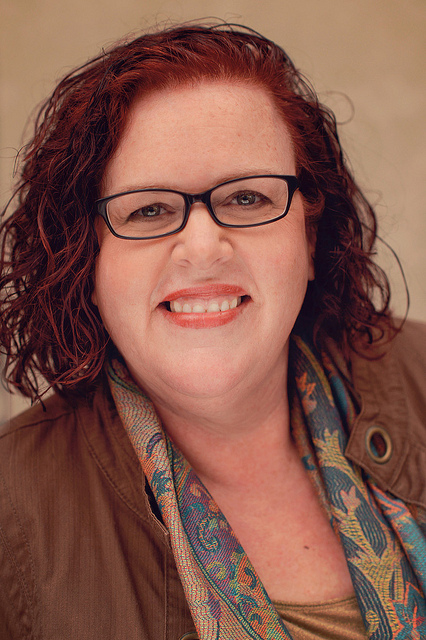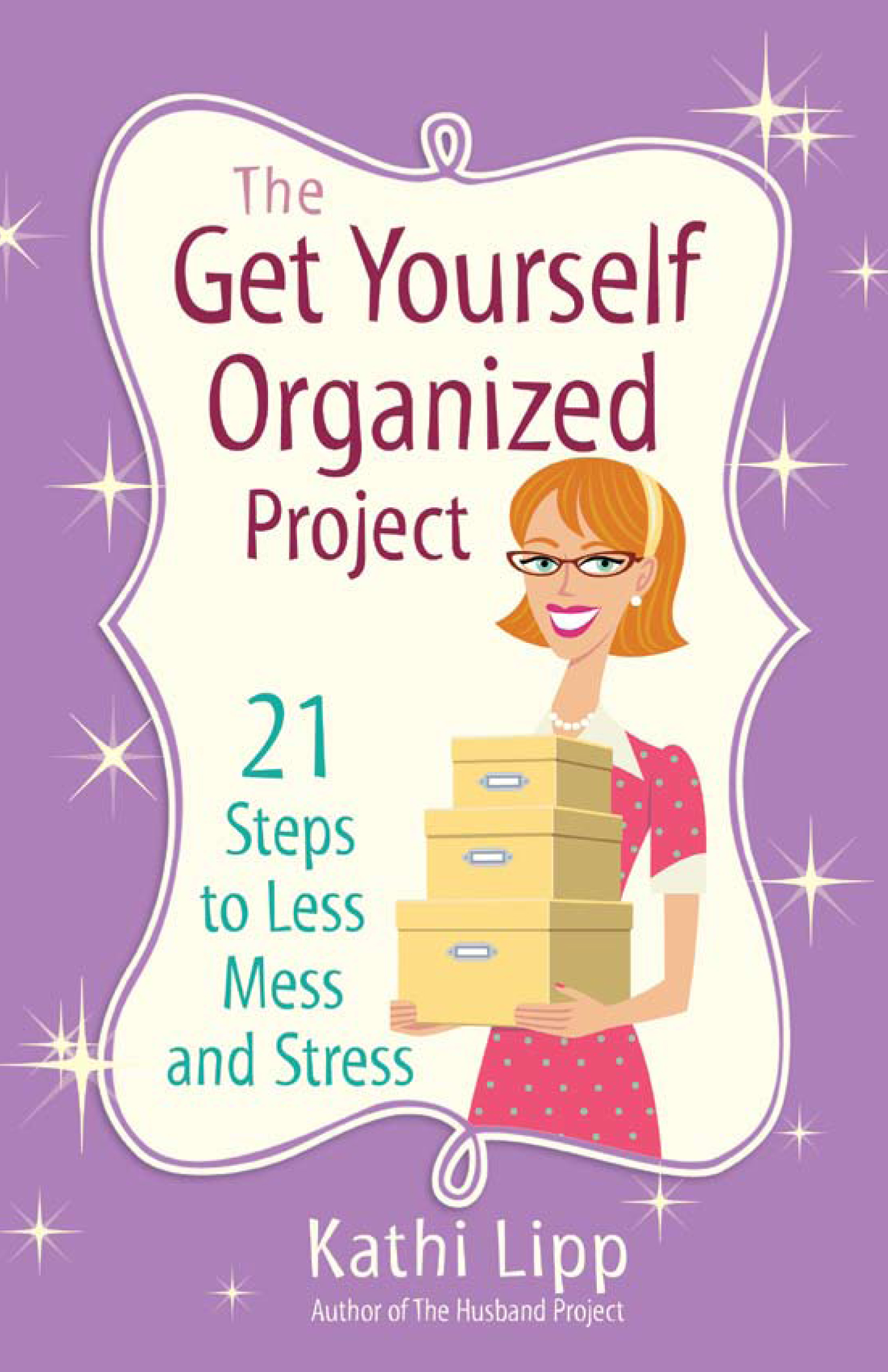10 Great Choices to Make Today
Leslie Vernick‘s wise counsel encourages women everywhere to live for God in freedom and abundance. In this Life UPGRADE, she encourages us to consider 10 simple but powerful choices we can make every day.
 “God has given an important freedom to humankind,” Leslie says. “It’s the freedom to choose.”
“God has given an important freedom to humankind,” Leslie says. “It’s the freedom to choose.”
Now anyone who knows me (Dawn) and my ministry (Heart Choices Ministries) will know Leslie had me at the word “choose.” In this post,* Leslie shows us how important choices are to God, and how they can change the direction of our lives; and then she offers 10 great choices you can make today … and every day.
Leslie continues …
The Bible gives us plenty of examples of individuals who made good choices and of others who made poor choices. We can learn from their example.
Eve chose to believe the serpent rather than believe God. She only looked at the moment (it looked good to eat and she wanted it), but the consequences of her choice affected the entire human race (Genesis 3:1-6).
Moses “chose to be mistreated along with the people of God rather than enjoy the pleasures of sin for a short time. He regarded disgrace for the sake of Christ as of greater value than the treasures of Egypt, because he was looking ahead to his reward” (Hebrews 11:25-26).
Noah chose to believe God and built an ark, suffering the ridicule of his entire community for a season, but saving his family in the long run (Genesis 6-8).
Abram chose to believe God and it was counted unto him as righteousness (Genesis 15:6).
Esau chose to sell his inheritance for a pot of stew. He was living for the moment and made his decision on a temporary felt need—hunger (Genesis 25:29-34).
The Israelites chose to believe the eight spies that feared the giants rather than Joshua and Caleb who trusted God (Numbers 13).
David chose to honor his commitment and loyalty as a subject of King Saul, even though Saul sought to kill him. When David had the chance to kill Saul, he chose not to, instead trusting God to deliver him and protect him (1 Samuel 18-24).
Queen Vashti chose to say no to her drunken husband, King Xerxes when he commanded her to come to the palace to parade her beauty before the people and nobles (Esther 1). As a result she lost her position, but she kept her dignity.
Abigail chose to do the right thing and overruled her foolish husband’s orders when he refused to feed David’s men. She saved her family from disaster and David from sinning (1 Samuel 25).
John the Baptist chose to stand for the truth rather than compromise with sin and lost his head (Mark 6:17-29); yet Jesus says of John that no human being has ever been greater than he (Matthew 11:11).
Judas chose to wallow in self-hatred instead of choosing to repent after betraying Christ … he went out and hung himself (Matthew 27:3-5).
Jesus, the very Son of God, chose to leave His heavenly kingdom and live among us. He wanted to show us who God was and what He was like. He chose to suffer and die on the cross so that one day we might live forever with Him.
"We can decide –
- to live in response to the abundance of God, and not under the dictatorship of our own poor needs.
- ... to live in the environment of a living God and not our own dying selves.
- ... to center ourselves in the God who generously gives and not in our own egos which greedily grab.”
Just like turning your steering wheel slightly will make a big difference in where your car ends up, making small but regular good choices can make a huge difference where your life ends up.
Here are ten choices you can make today.
You can:
- Choose to love, rather than hate.
- Choose to smile, rather than frown.
- Choose to build, rather than destroy.
- Choose to persevere, rather than quit.
- Choose to praise, rather than gossip.
- Choose to heal, rather than wound.
- Choose to give, rather than grasp.
- Choose to act, rather than delay.
- Choose to forgive, rather than curse.
- Choose to pray, rather than despair.
Moses encourages the people of God with these words, “Now choose life, so that you and your children may live….” (Deuteronomy 31:8).
Which of these 10 abundant life choices can you make right now? Which would most change your current circumstances?
 Leslie Vernick is a national and international speaker, author, licensed clinical social worker, consultant and relationship coach with an expertise on the subjects of personal and spiritual growth, marriage improvement, conflict resolution,
Leslie Vernick is a national and international speaker, author, licensed clinical social worker, consultant and relationship coach with an expertise on the subjects of personal and spiritual growth, marriage improvement, conflict resolution,  depression, child abuse, destructive relationships and domestic violence. She has 25 years of experience helping people enrich the relationships that matter most! Visit her website!
depression, child abuse, destructive relationships and domestic violence. She has 25 years of experience helping people enrich the relationships that matter most! Visit her website!
* This post is excerpted from Chapter 6 of Leslie’s book, How to Act Right When Your Spouse Acts Wrong. The “We can decide...” quote: Alice Gray, Steve Stephens, and John Van Diest, comps., Lists to Live By: For Everything that Really Matters (Sisters, Oreg.: Multomah, 1999), 215.
 Post a Comment → Posted on
Post a Comment → Posted on  Tuesday, September 30, 2014 at 9:00AM
Tuesday, September 30, 2014 at 9:00AM  Bible Choices,
Bible Choices,  Choices,
Choices,  Leslie Vernick,
Leslie Vernick,  Upgrade with Dawn Upgrade Your Life
Upgrade with Dawn Upgrade Your Life  Choices,
Choices,  Spiritual Growth,
Spiritual Growth,  Spiritual Life,
Spiritual Life,  Upgrade - General
Upgrade - General 













